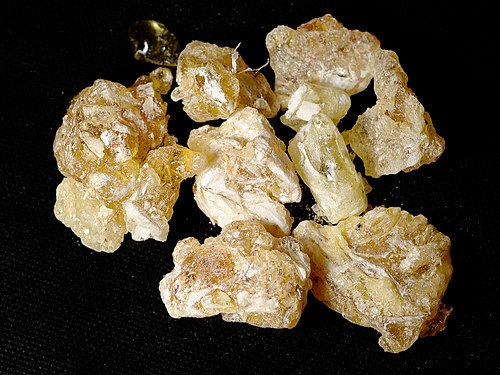Sapnoun
(uncountable) The juice of plants of any kind, especially the ascending and descending juices or circulating fluid essential to nutrition.
Sapnoun
(uncountable) The sapwood, or alburnum, of a tree.
Sapnoun
Any juice.
Sapnoun
(figurative) Vitality.
Sapnoun
a naive person; a simpleton
Sapnoun
A short wooden club; a leather-covered hand weapon; a blackjack.
Sapnoun
(military) A narrow ditch or trench made from the foremost parallel toward the glacis or covert way of a besieged place by digging under cover of gabions, etc.
Sapverb
(transitive) To drain, suck or absorb from (tree, etc.).
Sapverb
To exhaust the vitality of.
Sapverb
To strike with a sap (with a blackjack).
Sapverb
(transitive) To subvert by digging or wearing away; to mine; to undermine; to destroy the foundation of.
Sapverb
To pierce with saps.
Sapverb
(transitive) To make unstable or infirm; to unsettle; to weaken.
Sapverb
(transitive) To gradually weaken.
Sapverb
(intransitive) To proceed by mining, or by secretly undermining; to execute saps.
Sapnoun
The juice of plants of any kind, especially the ascending and descending juices or circulating fluid essential to nutrition.
Sapnoun
The sapwood, or alburnum, of a tree.
Sapnoun
A simpleton; a saphead; a milksop.
Sapnoun
A narrow ditch or trench made from the foremost parallel toward the glacis or covert way of a besieged place by digging under cover of gabions, etc.
Sapverb
To subvert by digging or wearing away; to mine; to undermine; to destroy the foundation of.
Sapverb
To pierce with saps.
Sapverb
To make unstable or infirm; to unsettle; to weaken.
Sapverb
To proceed by mining, or by secretly undermining; to execute saps.
Sapnoun
a watery solution of sugars, salts, and minerals that circulates through the vascular system of a plant
Sapnoun
a person who lacks good judgment
Sapnoun
a piece of metal covered by leather with a flexible handle; used for hitting people
Sapverb
deplete;
Sapverb
excavate the earth beneath
Sap
Sap is a fluid transported in xylem cells (vessel elements or tracheids) or phloem sieve tube elements of a plant. These cells transport water and nutrients throughout the plant.
Resinnoun
A viscous hydrocarbon secretion of many plants, particularly coniferous trees.
Resinnoun
Any of various yellowish viscous liquids or soft solids of plant origin; used in lacquers, varnishes and many other applications; chemically they are mostly hydrocarbons, often polycyclic.
Resinnoun
Any synthetic compound of similar properties.
Resinverb
(transitive) To apply resin to.
Resinnoun
Any one of a class of yellowish brown solid inflammable substances, of vegetable origin, which are nonconductors of electricity, have a vitreous fracture, and are soluble in ether, alcohol, and essential oils, but not in water; specif., pine resin (see Rosin).
Resinnoun
Any of various polymeric substance resembling the natural resins[1], prepared synthetically; - they are used, especially in particulate form, in research and industry for their property of specifically absorbing or adsorbing substances of particular types; they are especially useful in separation processes such as chromatography; as, an ion-exchange resin.
Resinnoun
any of a class of solid or semisolid viscous substances obtained either as exudations from certain plants or prepared by polymerization of simple molecules
Resinnoun
a sticky flammable organic substance, insoluble in water, exuded by some trees and other plants (notably fir and pine)
Resinnoun
a solid or liquid synthetic organic polymer used as the basis of plastics, adhesives, varnishes, or other products
Resinverb
rub or treat with resin
Resin
In polymer chemistry and materials science, resin is a solid or highly viscous substance of plant or synthetic origin that is typically convertible into polymers. Resins are usually mixtures of organic compounds.












